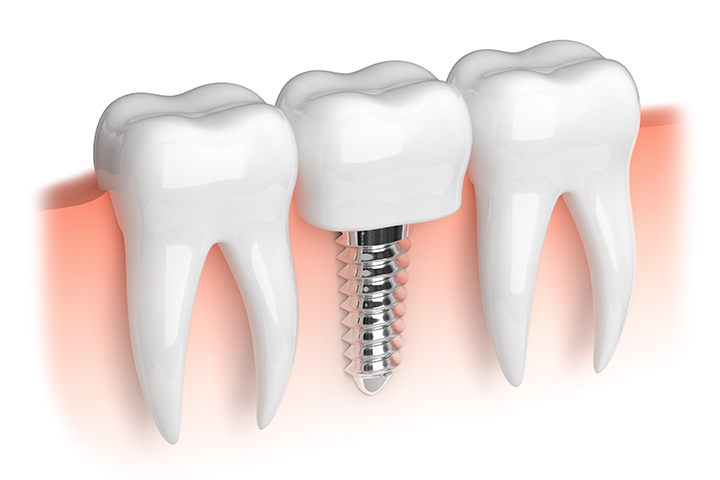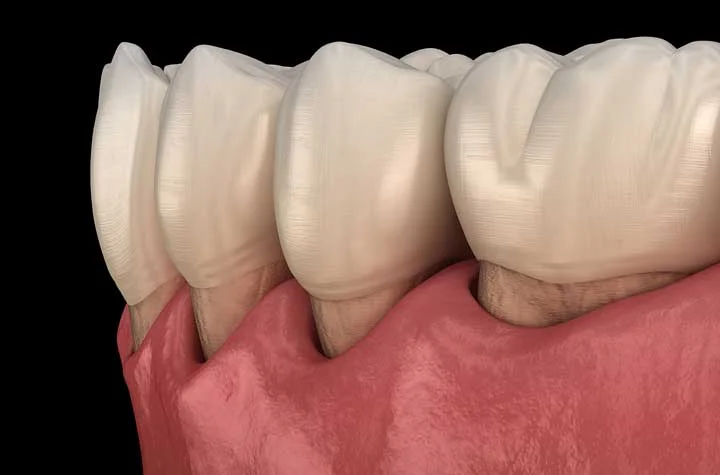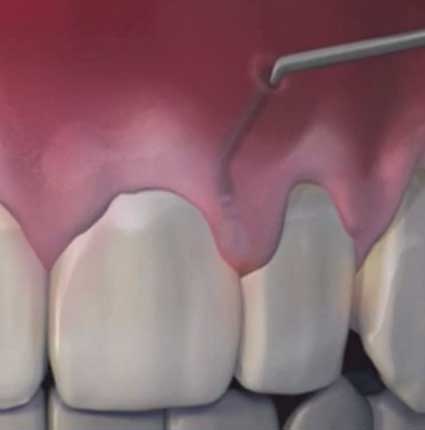


Gum grafting involves taking a sample of gum tissue from the roof of your mouth or a donor source and using it to cover the exposed tooth roots. We provide varying levels of sedation, including IV sedation, to ensure your treatment is comfortable and pain-free. Recovery generally takes about two weeks, with swelling and discomfort resolving in a few days. Once fully healed, your gum tissue will be stronger and healthier than before.


8500 Wilshire Blvd # 505, Beverly Hills, CA 90211
Monday: 9 am–5 pm
Tuesday: 9 am–5 pm
Wednesday: 9 am–5 pm
Thursday: 9 am–5 pm
Friday: 9 am–5 pm
Saturday: Closed
Sunday: Closed
115 Jensen Ct Suite 100, Thousand Oaks, CA 91360
Monday: 9 am–5 pm
Tuesday: 9 am–5 pm
Wednesday: 9 am–6 pm
Thursday: 9 am–6 pm
Friday: 9 am–5 pm
Saturday: Closed
Sunday: Closed
8619 Reseda Blvd #101, Northridge, CA 91324
Monday: 9 am–5 pm
Tuesday: 9 am–5 pm
Wednesday: 9 am–5 pm
Thursday: 9 am–5 pm
Friday: 9 am–5 pm
Saturday: Closed
Sunday: Closed